Takes 45 Sec

Takes 45 Sec
Is TMS Therapy Covered By Insurance?
TMS is covered by most insurance companies, including Medicare. Coverage depends on the details of your specific insurance plan, with most companies covering the majority of costs per session minus a small copay.
To qualify for insurance coverage of TMS therapy, you must meet the following criteria:
- You are 18 years of age or older.
- You have tried 2 or more different types of antidepressants without significant symptom relief.
- You have undergone multiple sessions of talk therapy with a licensed professional without significant or lasting improvements.
- You have no history of epilepsy or seizures.
At
Boulder Center for TMS, we often secure single-case agreements with insurance companies. This means that even if we're considered out-of-network, your insurance may cover treatment at an in-network level.
Which Insurance Companies Do We Work With?
We work with TriWest, Anthem, Tricare, Cigna, BlueCross/BlueShield, Aetna, and Medicare. We can also do single-case agreements with most other insurance companies.
We do not accept Medicaid.

Aetna
-
under the condition that there has been a failure of two different antidepressants from two different classes of medication. There must also be a failure of two different medications combined, meaning an augmentation strategy must have failed.

Anthem
-
under the condition that there has been a failure of two different antidepressants from two different classes of medication. Alternatively, there must be an intolerance to at least four medications, with their side effects reported and confirmed by a professional.
Beacon Health Options
- under the condition that there has been a failure of two different antidepressants from two different classes of medication. Alternatively, there must be an intolerance to at least four medications, with their side effects reported and confirmed by a professional.
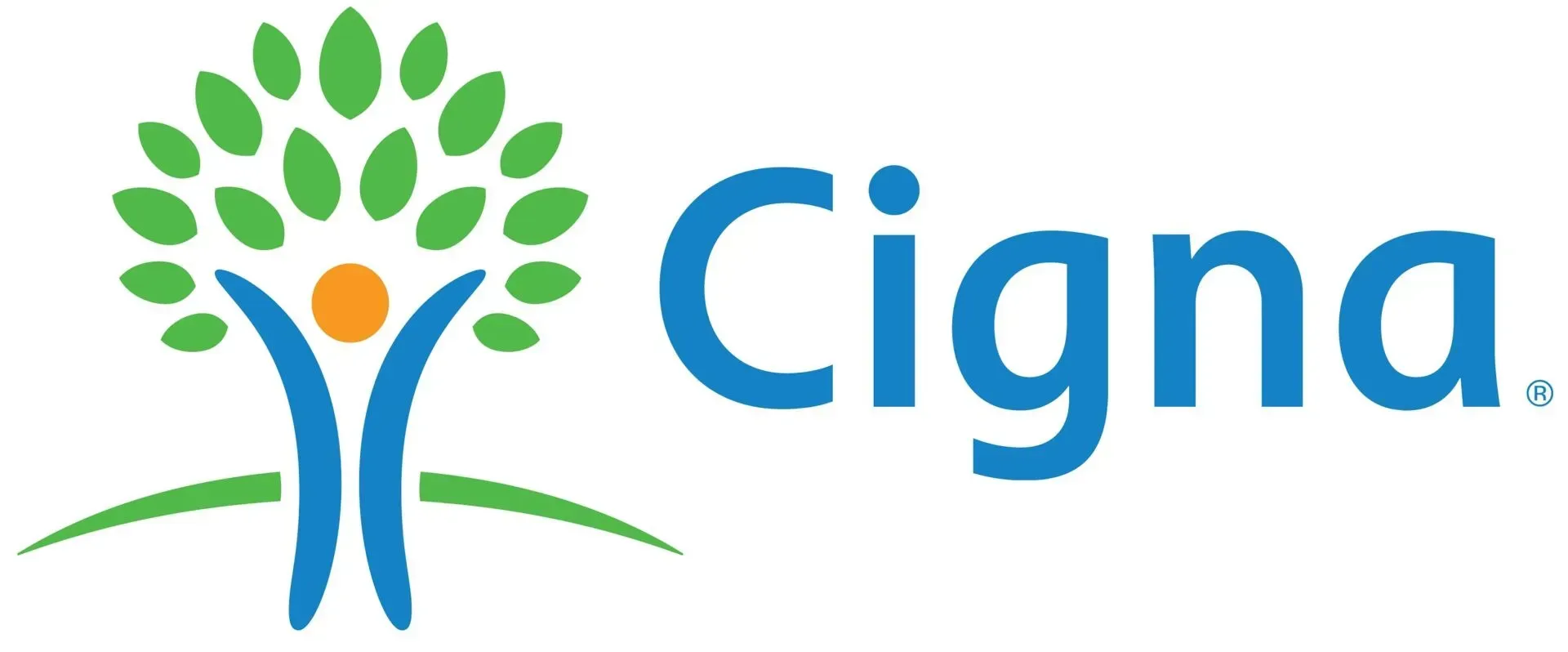
Cigna
- under the condition that there has been a failure of two different antidepressants from two different classes of medication. Alternatively, there must be an intolerance to at least four medications, with their side effects reported and confirmed by a professional.

Humana
-
under the condition that there has been a failure of two different antidepressants from two different classes of medication. Alternatively, there must be an intolerance to at least four medications, with their side effects reported and confirmed by a professional. The same criteria will apply in the case of intolerances to medication. Humana however does not cover Theta Burst Stimulation treatment.

Kaiser Permanente
-
under the condition that there has been a failure of two different antidepressants from two different classes of medication. Alternatively, there must be an intolerance to at least four medications, with their side effects reported and confirmed by a professional.

Medicare
- under the condition that there has been a failure of one previous antidepressant. Alternatively, there must be an intolerance to at least two different antidepressants from differing medication classes.
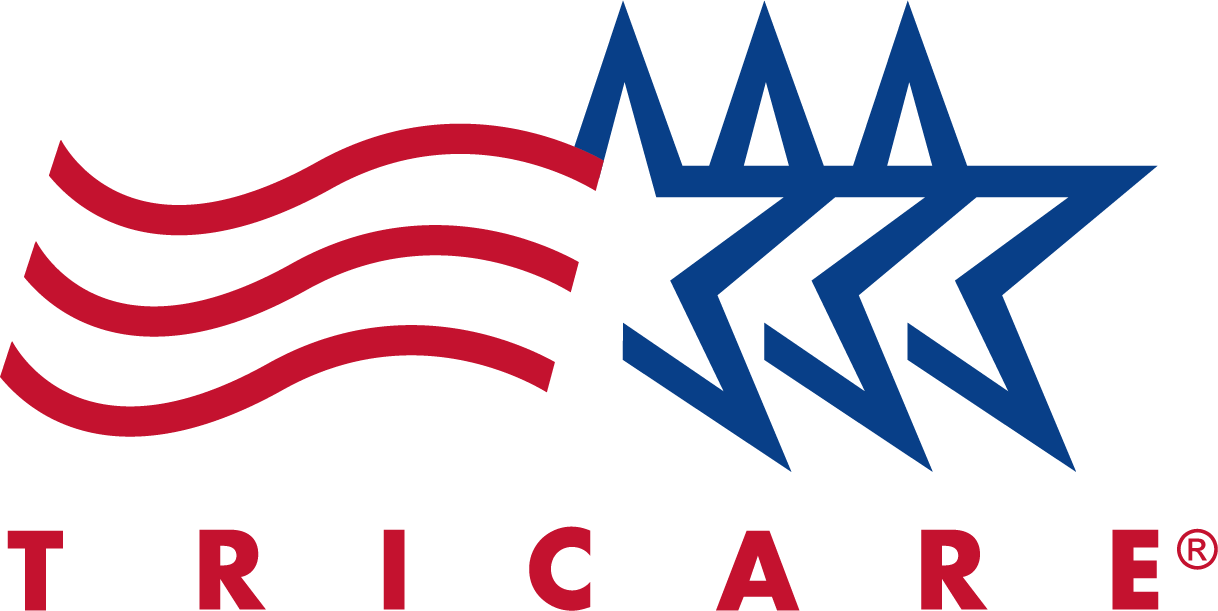
Tricare - under the condition that “it is medically necessary and the patient failed to respond to a less intensive form of treatment, or a less intensive intervention is not appropriate.” This will cover TMS therapy for depression.
Is TMS Therapy Covered By Insurance?
TMS is covered by most insurance companies, including Medicare. Coverage depends on the details of your specific insurance plan, with most companies covering the majority of costs per session minus a small copay.
To qualify for insurance coverage of TMS therapy, you must meet the following criteria:
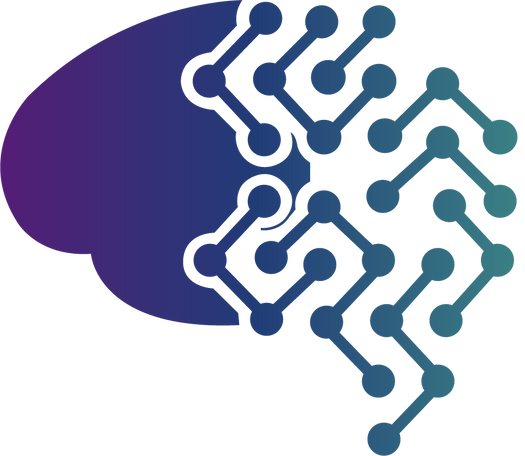
You are 18 years of age or older.
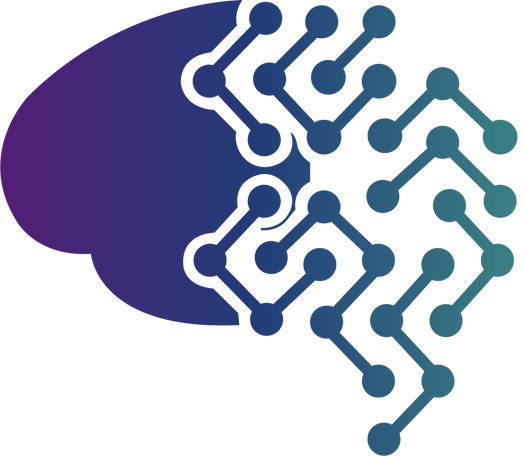
You have tried 2 or more different types of antidepressants without significant symptom relief.

You have undergone multiple sessions of talk therapy with a licensed professional without significant or lasting improvements.

You have no history of epilepsy or seizures.
At
Boulder Center for TMS, we often secure single-case agreements with insurance companies. This means that even if we're considered out-of-network, your insurance may cover treatment at an in-network level.
Which Insurance Companies Do We Work With?
We work with TriWest, Anthem, Tricare, Cigna, BlueCross/BlueShield, Aetna, and Medicare. We can also do single-case agreements with most other insurance companies.
We do not accept Medicaid.

Aetna
-
under the condition that there has been a failure of two different antidepressants from two different classes of medication. There must also be a failure of two different medications combined, meaning an augmentation strategy must have failed.

Anthem
-
under the condition that there has been a failure of two different antidepressants from two different classes of medication. Alternatively, there must be an intolerance to at least four medications, with their side effects reported and confirmed by a professional.
Beacon Health Options - under the condition that there has been a failure of two different antidepressants from two different classes of medication. Alternatively, there must be an intolerance to at least four medications, with their side effects reported and confirmed by a professional.

Cigna
- under the condition that there has been a failure of two different antidepressants from two different classes of medication. Alternatively, there must be an intolerance to at least four medications, with their side effects reported and confirmed by a professional.

Humana
-
under the condition that there has been a failure of two different antidepressants from two different classes of medication. Alternatively, there must be an intolerance to at least four medications, with their side effects reported and confirmed by a professional. The same criteria will apply in the case of intolerances to medication. Humana however does not cover Theta Burst Stimulation treatment.

Kaiser Permanente
-
under the condition that there has been a failure of two different antidepressants from two different classes of medication. Alternatively, there must be an intolerance to at least four medications, with their side effects reported and confirmed by a professional.

Medicare
- under the condition that there has been a failure of one previous antidepressant. Alternatively, there must be an intolerance to at least two different antidepressants from differing medication classes.

Tricare - under the condition that “it is medically necessary and the patient failed to respond to a less intensive form of treatment, or a less intensive intervention is not appropriate.” This will cover TMS therapy for depression.
How Much Does TMS Cost?
For those opting for self-payment, we offer two plans:
Pay upfront save $40 per TMS session, saving you $1,400
The number of TMS sessions may vary based on individual needs. Your progress will be monitored throughout the treatment, allowing for adjustments as necessary.
- Initial evaluation: $300
- 4 follow-up appointments with a Physician: $140 each, totaling $560
- Motor threshold assessment: $330
- 35 TMS sessions: $290 each, totaling $10,150 (Upfront Payment Plan)
- 35 TMS sessions: $330 each, totaling $11,550 (Weekly Installment Plan)
$11,340
Upfront Payment Plan
$12,740
Weekly Installment Plan
Pay upfront save $40 per TMS session, saving you $1,400

Initial evaluation: $300
The number of TMS sessions may vary based on individual needs. Your progress will be monitored throughout the treatment, allowing for adjustments as necessary.

4 follow-up appointments with a Physician: $140 each, totaling $560

Motor threshold assessment: $330

35 TMS sessions: $290 each, totaling $10,150 (Upfront Payment Plan)

35 TMS sessions: $330 each, totaling $11,550 (Weekly Installment Plan)
$11,340
Upfront Payment Plan
$12,740
Weekly Installment Plan
How Much Does Maintenance TMS Cost?
Maintenance TMS is not necessary for all patients. For those who experience a relapse in their symptoms, maintenance TMS helps ensure prolonged symptom relief. These sessions can be scheduled weekly, biweekly, or monthly.
Options include:
$250 Per Session
More than 12 sessions:
$390 Per Session
Less than 12 sessions:
Clustered sessions over two days each month
One weekly session for two weeks, followed by biweekly sessions for two months, then monthly sessions.
At Boulder TMS, we're proud to offer innovative treatment options, particularly for patients who haven't found relief through conventional methods. While antidepressants are often seen as a quick fix, TMS offers a targeted approach to alleviating stubborn symptoms.
Our treatment environment is comfortable and friendly, ensuring you feel supported throughout your journey. Unlike some common treatments, our care extends beyond the clinic walls, with support every step of the way.
With a success rate of 70-80%, patients who complete their TMS therapy course often experience prolonged symptom relief. This makes TMS a cost-effective treatment option, as positive results extend well beyond your time in the clinic. Don't wait to improve your mental health.
Start your TMS treatment at Boulder today
and experience firsthand how this innovative method is positively impacting patients' lives.
Starting Your TMS Treatment in Boulder
"Treatment here was a game-changer for me. I feel like my overall mood has improved on a daily basis, and there's been notable differences in my focus at work. It's pretty incredible, actually. The staff was great as well. Highly recommend this clinic for anyone seeking TMS."
Ryan Cwynar
More Rescources
Does TMS require sedation?
Learn More →TMS does not require sedation. All that is required is for the patient to sit still in the ergonomic treatment chair for the duration of treatment. Patients undergoing TMS therapy can return to their daily activities immediately following treatment.
Does insurance cover TMS therapy?
Learn More →Many insurance companies will cover a large portion of the cost of TMS treatment. At Boulder Center for TMS, we are often able to contract single-case agreements with insurance companies. This means that even if we are considered out of network by your insurance company, they will cover treatment at an in-network level. We research your insurance benefits for you and make sure you are aware of any out-of-pocket costs before beginning treatment so that you can make an informed decision based on your unique financial needs.
What are the common side effects of TMS?
Learn More →Unlike ECT (electroconvulsive therapy) where short-term confusion, memory loss, and long-term disruptions in memory have been shown to occur, TMS has little to no side effects. Some patients who undergo TMS therapy report headaches, fatigue, scalp soreness, or dizziness. However, these side effects are minor and tend to fade within the first week of treatment. The most serious side effect known side effect is seizure, though that only happens in roughly 1 in 200 patients. This is a very rare event that our staff is trained to handle.
Is TMS Therapy the same as Shock Therapy (ECT)?
No, the two procedures are very different. While both are effective in the treatment of depression, there are many differences in safety and tolerability. TMS is a non-invasive therapy that stimulates the activation of a patient’s brain with pulsed magnetic fields. During a session of TMS, patients will sit in a chair and are awake and alert throughout the entire 15-30 minute procedure – no sedation is used with TMS Therapy. Patients can transport themselves to and from treatment with ease. In contrast, "shock therapy", or electroconvulsive therapy (ECT), intentionally causes a seizure through the direct application of electrical current. Patients receiving ECT must be sedated with general anesthesia and paralyzed with muscle relaxants. Recovery from an ECT treatment session occurs slowly, and patients are usually closely monitored for minutes or even a few hours after a treatment.
Am I a good candidate for TMS?
Learn More →Our patients complete an initial evaluation appointment with our board-certified Psychiatrists to determine if TMS is a viable treatment option. During the appointment, we review your treatment and medication history. You will also have the opportunity to discuss your current medications and ask any remaining questions regarding treatment. This will help both you and the psychiatrists, to gauge if TMS is the right procedure for you.
Is TMS Right For You?
TMS is a safe, non-invasive, FDA-approved treatment that offers an effective alternative to medication. Take our 2-minute quiz to find out if TMS is the right option for you.
Take the quiz →

FDA-Approved
Treatment for depression and OCD.
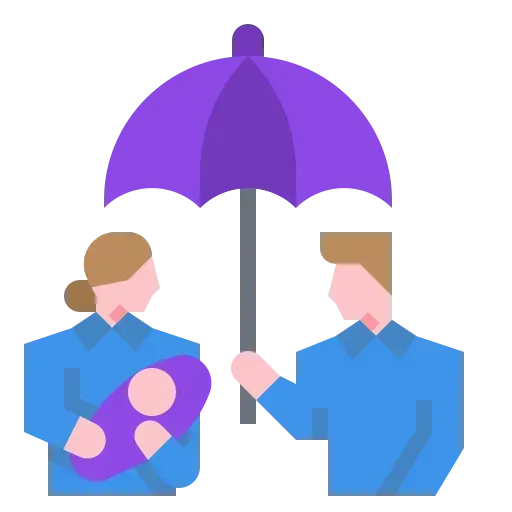
Insurance Coverage
Major insurance providers cover TMS therapy
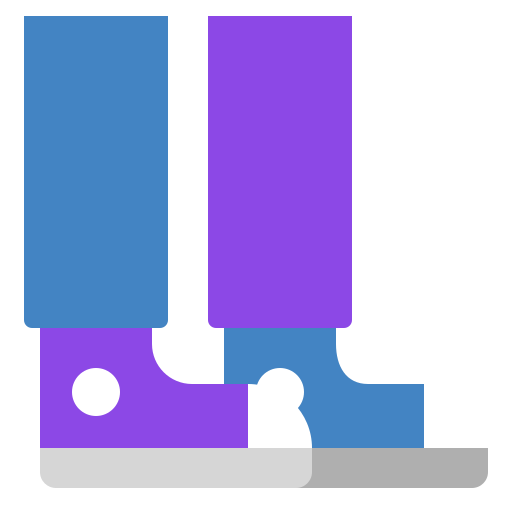
Outpatient
Receive treatment without disrupting your daily routine.

Holistic Care
Combine TMS with therapy or medication when needed.
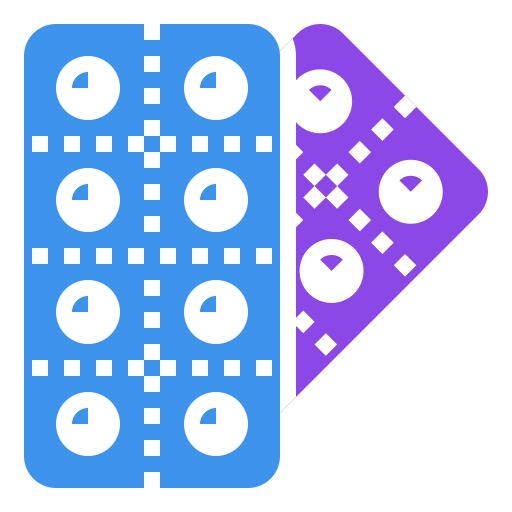
Drug-Free Alternative
Alternative option to antidepressants.
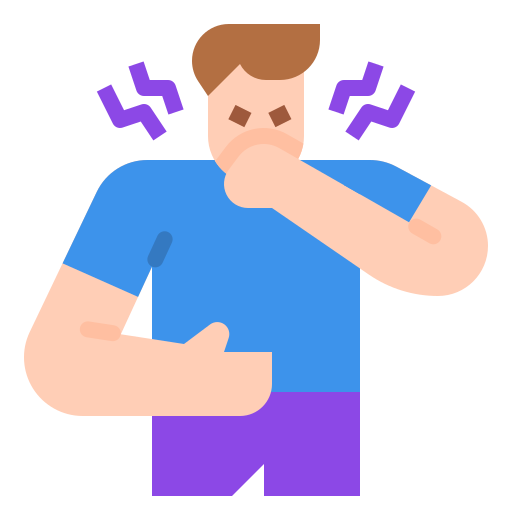
Minimal Side Effects
Safe and well-tolerated treatment option.
Your Free Consultation
Begin your TMS treatment journey today. Call
303-449-0318
or complete our simple online form.
Contact Us
We will get back to you as soon as possible.
Please try again later.
What Happens In My Consultation?

Review the potential benefits, risks, and possible side effects.

If we feel that other treatments are more likely to be effective, we will advise you of this.

In some cases, additional diagnostic testing will be recommended, such as hormone levels, other lab tests, sleep studies, or brain imaging.
What Makes Us Different?

25 Years Combined Experience In TMS Treatment

FDA-Approved TMS Protocols, Ensuring Safe Treatment

Personalized Treatment Protocols Suit Your Specific Needs.

Integrate Therapy, Lifestyle Changes, & Medications.
"Treatment here was a game-changer for me. I feel like my overall mood has improved on a daily basis, and there's been notable differences in my focus at work. It's pretty incredible, actually. The staff was great as well. Highly recommend this clinic for anyone seeking TMS."
Ryan Cwynar
More Rescources
Does TMS require sedation?
Learn More →TMS does not require sedation. All that is required is for the patient to sit still in the ergonomic treatment chair for the duration of treatment. Patients undergoing TMS therapy can return to their daily activities immediately following treatment.
Does insurance cover TMS therapy?
Learn More →Many insurance companies will cover a large portion of the cost of TMS treatment. At Boulder Center for TMS, we are often able to contract single-case agreements with insurance companies. This means that even if we are considered out of network by your insurance company, they will cover treatment at an in-network level. We research your insurance benefits for you and make sure you are aware of any out-of-pocket costs before beginning treatment so that you can make an informed decision based on your unique financial needs.
What are the common side effects of TMS?
Learn More →Unlike ECT (electroconvulsive therapy) where short-term confusion, memory loss, and long-term disruptions in memory have been shown to occur, TMS has little to no side effects. Some patients who undergo TMS therapy report headaches, fatigue, scalp soreness, or dizziness. However, these side effects are minor and tend to fade within the first week of treatment. The most serious side effect known side effect is seizure, though that only happens in roughly 1 in 200 patients. This is a very rare event that our staff is trained to handle.
Is TMS Therapy the same as Shock Therapy (ECT)?
No, the two procedures are very different. While both are effective in the treatment of depression, there are many differences in safety and tolerability. TMS is a non-invasive therapy that stimulates the activation of a patient’s brain with pulsed magnetic fields. During a session of TMS, patients will sit in a chair and are awake and alert throughout the entire 15-30 minute procedure – no sedation is used with TMS Therapy. Patients can transport themselves to and from treatment with ease. In contrast, "shock therapy", or electroconvulsive therapy (ECT), intentionally causes a seizure through the direct application of electrical current. Patients receiving ECT must be sedated with general anesthesia and paralyzed with muscle relaxants. Recovery from an ECT treatment session occurs slowly, and patients are usually closely monitored for minutes or even a few hours after a treatment.
Am I a good candidate for TMS?
Learn More →Our patients complete an initial evaluation appointment with our board-certified Psychiatrists to determine if TMS is a viable treatment option. During the appointment, we review your treatment and medication history. You will also have the opportunity to discuss your current medications and ask any remaining questions regarding treatment. This will help both you and the psychiatrists, to gauge if TMS is the right procedure for you.
Is TMS Right For You?
TMS is a safe, non-invasive, FDA-approved treatment that offers an effective alternative to medication. Take our 2-minute quiz to find out if TMS is the right option for you.
Take the quiz →

FDA-Approved
Treatment for depression and OCD.

Insurance Coverage
Major insurance providers cover TMS therapy

Outpatient
Receive treatment without disrupting your daily routine.

Holistic Care
Combine TMS with therapy or medication when needed.

Drug-Free Alternative
Alternative option to antidepressants.

Minimal Side Effects
Safe and well-tolerated treatment option
Your Free Consultation
Begin your TMS treatment journey today. Call
303-449-0318
or complete our simple online form.
Contact Us
We will get back to you as soon as possible.
Please try again later.
What Happens In My Consultation?

Review the potential benefits, risks, and possible side effects.

If we feel that other treatments are more likely to be effective, we will advise you of this.

In some cases, additional diagnostic testing will be recommended, such as hormone levels, other lab tests, sleep studies, or brain imaging.
What Makes Us Different?

25 Years Combined Experience In TMS Treatment

FDA-Approved TMS Protocols, Ensuring Safe Treatment

Personalized Treatment Protocols Suit Your Specific Needs.

Integrate Therapy, Lifestyle Changes, & Medications.
Your Free Consultation
Begin your TMS treatment journey today. Call
303-449-0318
or complete our simple online form.
Contact Us
We will get back to you as soon as possible.
Please try again later.
What Happens In My Consultation?

Review the potential benefits, risks, and possible side effects.

If we feel that other treatments are more likely to be effective, we will advise you of this.

In some cases, additional diagnostic testing will be recommended, such as hormone levels, other lab tests, sleep studies, or brain imaging.
What Makes Us Different?

25 Years Combined Experience In TMS Treatment

FDA-Approved TMS Protocols, Ensuring Safe Treatment

Personalized Treatment Protocols Suit Your Specific Needs.

Integrate Therapy, Lifestyle Changes, & Medications.









